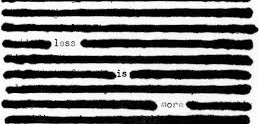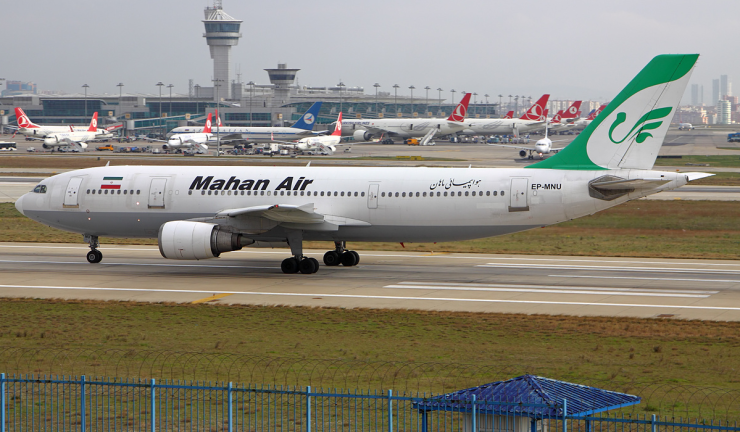An Exercise in Redundant Sanctions: HR 2297

Earlier today, the House passed HR 2297 a.k.a. the Hezbollah International Financing Prevention Act, by a vote of 423-0 vote. Here’s what Rep. Eliot Engel (D-NY), the ranking Democrat on the House Foreign Affairs Committee, had to say about the bill:
Congress must act now to impose stronger sanctions on Hezbollah. We should choke them off from their Iranian patrons.
This bill would give the Administration every tool it needs to confront this dangerous group.
It would sanction foreign banks for knowingly doing business with Hezbollah. We need to send a clear message to companies getting tangled up with this terrorist group: walk away—walk away, or face the consequences.
It would indeed be shocking that without this bill Hezbollah would be able to operate free of sanctions and able to openly do business with foreign banks. If it were true.
In essence the sanctions portion of HR boils down to prohibiting U.S. banks from operating correspondent accounts for foreign financial institutions identified as knowingly performing significant financial transactions with Hezbollah, Hezbollah linked Specially Designated Nationals (“SDNs”), or in support of Hezbollah.
This does not sound all that different from Executive Order 13224, which authorizes sanctions on persons found to
assist in, sponsor, or provide financial, material, or technological support for, or financial or other services to or in support of, such acts of terrorism or those persons listed in the Annex to this order or determined to be subject to this order.
Obviously Hezbollah is designated pursuant to EO 13224, therefore the Secretary of the Treasury already has the authority to block any foreign financial institutions dealing with Hezbollah. An SDN designation is far more consequential than a correspondent account sanction. If the new bill provides no substantive additions to presidential sanctions authority, or new mandatory sanctions requirements, what’s the point?



